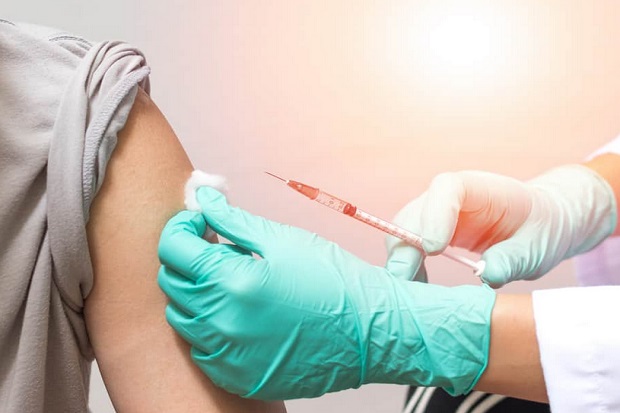25 november 2020
Today at
17:45
–
The corona crisis threatens to have a ‘lasting’ impact on the hard-hit British economy. And then the imminent Brexit has not yet been calculated.
–
With nearly 56,000 corona deaths, the United Kingdom is the worst hit European country, leaving only the United States, Brazil, India and Mexico worldwide. Of all industrialized countries, the economic fallout is almost nowhere more painful.
–
Our health crisis is not over yet. And our economic crisis has only just begun.
Rishi Sunak
British Chancellor of the Exchequer
–
–
–
‘Our health crisis is not over yet. And our economic crisis has only just begun, ”was the ominous message from Conservative Finance Minister Rishi Sunak as he presented his annual budget update before a nearly empty House of Commons on Wednesday afternoon.
–
Lasting impact
The world’s sixth economy will end 11.3 percent in negative territory this year, “the largest contraction in more than 300 years.” And although Sunak forecasts growth of 5.5 percent for 2021 and one of 6.6 percent the following year, gross domestic product (GDP) will not return to its pre-corona crisis levels until the end of 2022. Moreover, the impact threatens to be ‘permanent’. By 2025, the British economy would still be 3 percent smaller than what Sunak had promised in March before the pandemic erupted.
–
With a generous package of temporary unemployment for employees and tax breaks for hard-hit companies, Prime Minister Boris Johnson’s government tried to limit the greatest damage in recent months. This has pushed the budget deficit to £ 394 billion, or 19 percent of GDP. That is the highest level “in peacetime,” says Sunak.
–
In comparison, after a decade of hard Conservative austerity to restore the fiscal fallout from the credit crunch, the UK deficit stood at £ 56 billion last year, or 2.5 percent of GDP.
–
Unemployment
Despite all government efforts to keep as many British employees as possible, the country already has 1.62 million unemployed, 300,000 more than at the beginning of this year. That number would rise to 2.6 million next year, or 7.5 percent of the workforce. Again, the corona crisis has wiped out a decade of Conservative recovery. Last year, the UK unemployment rate had dropped to 3.5 percent, its lowest level since the 1970s.
–
Sunak did say on Wednesday that the wages of millions of civil servants will be frozen next year, except for the lowest paid. The minimum wage will increase for poor Britons. Nurses, doctors, and other National Health Service employees get a raise. That the national debt will rise to 100 percent of GDP in the coming years? So be it.
–
Brexi
Sunak was silent about the impending Brexit, which hangs like an enormous extra yoke above these deep red data. In just over a month, on 31 December, the transition period will end and the United Kingdom will irrevocably leave the European internal market and customs union. Negotiations on the future trade relationship are still ongoing. The fear of a no-deal Brexit is growing every day.
–
The independent budget watchdog OBR predicted on Wednesday that such a no-deal will shave another 2 percent of the British economy next year. The OBR previously announced that a Brexit, even with a favorable free trade agreement between London and Brussels, will have a negative impact of 4 percent in the longer term.
–
“Do you really believe that this government is prepared and has done enough to protect our companies from this,” was the critical rhetorical question from Anneliese Dodds, shadow finance minister of the opposition Labor party.
–
–


